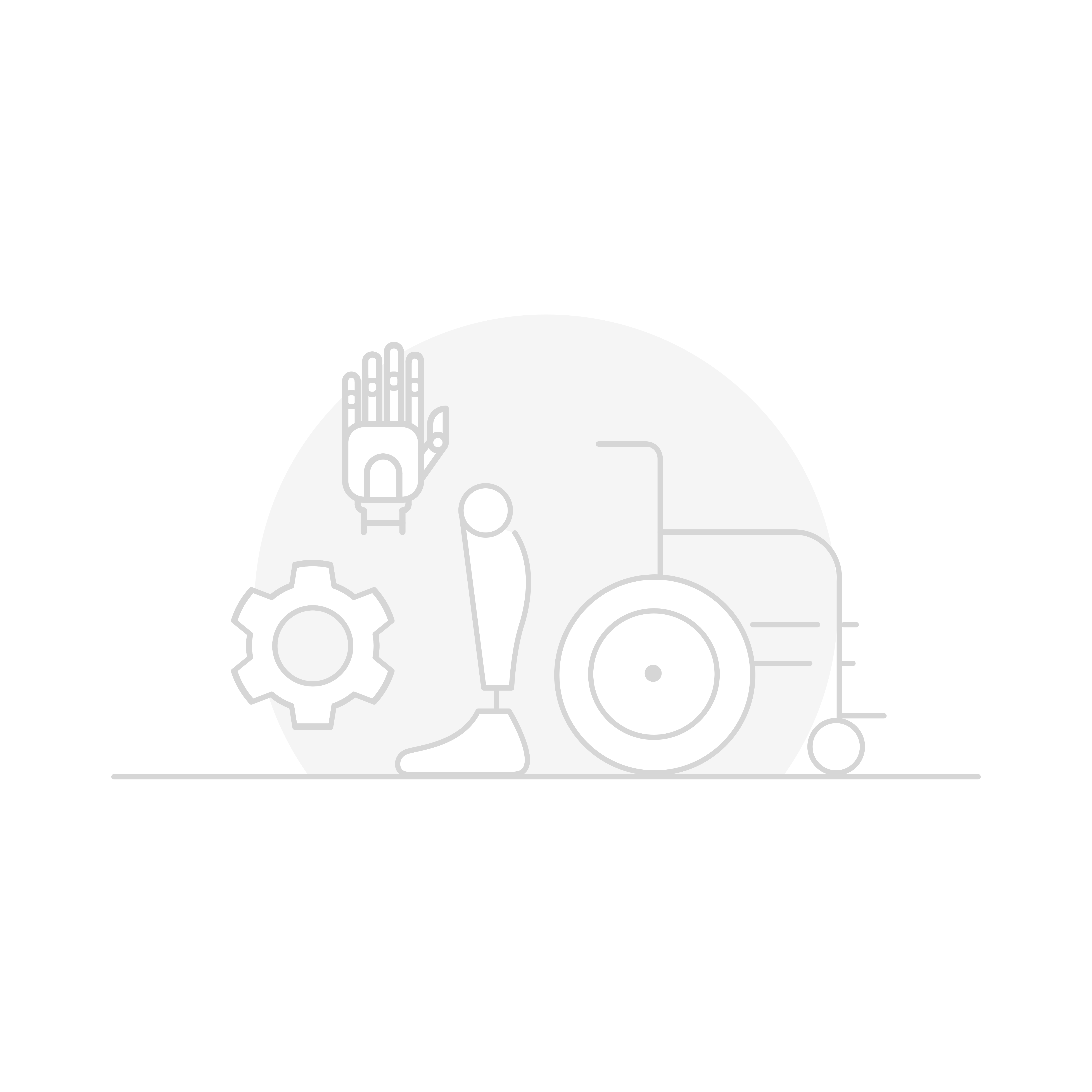


Hip orthoses
Hip orthoses help relieve acute pain and correct malpositions. They have also been shown to deliver excellent results when treating hip dysplasia in newborns.
Hip orthoses help relieve acute pain and correct malpositions. They have also been shown to deliver excellent results when treating hip dysplasia in newborns.
Support for adults and children
The hip joint is the second largest joint in the human body. Linking the pelvis with the femur, it allows for fluid movement between the two and plays an indispensable role in walking and running. As a result, malpositions, injuries, or wear and tear may well impact your mobility to a significant degree.
Depending on the diagnosis in question, a hip support or hip orthosis can help to correct a congenital or acquired malposition. It can also maintain or facilitate movement patterns in general.
What are hip orthoses and hip supports?
A hip orthosis is a medical device to be worn externally. It is designed to stabilise, control or correct the affected area. Orthoses are prescribed by a doctor, who will generally consult an O&P professional to select the most suitable device. The type of hip orthosis they choose will depend on your diagnosis and actual symptoms. Hip abduction orthoses feature abduction pads that prevent certain movement patterns and increase your stability when you walk, stand or sit. If the hip orthosis is unable to provide the necessary level of stability, you may need to wear a hip-knee orthosis or a hip-knee-ankle-foot orthosis (HKAFO).
Hip supports are more flexible than hip orthoses. They are made of high-stretch or semi-stretch materials. However, they still have a stabilising effect because they compress the hip joint and restrict it slightly. Hip supports are often used to relieve strain on the joint – either to treat an existing complaint or as a preventative measure.

When do you wear a hip orthosis or hip support?
Hip orthoses are primarily used to treat acute pain or discomfort or to treat malpositions of the hips. Hip abduction orthoses are commonly used for infantile cerebral palsy (ICP). This disorder affects the body’s nervous and muscle systems and is often accompanied by spastic contractions that cause the person to cross their legs (“scissor gait”). Abduction pads in the hip orthosis prevent users from crossing their knees and give them stability when they stand and sit. The gait pattern is stabilised as well.
Hip orthoses can also be beneficial to people who use a wheelchair, whether temporarily or permanently. The integrated pads broaden the seating area and eliminate the need for separate abductors.
Special orthoses and supports are available to help babies with hip dysplasia, a malformation or maldevelopment of the acetabulum. This occurs primarily when the baby had insufficient space or was in an unfavourable position in the womb. However, hip dysplasia is treatable. A hip orthosis can align the joint in the ideal position so that it develops and matures properly. The Tubingen hip flexion and abduction orthosis is a lightweight construction that is very easy to put on and is used successfully the whole world over to treat hip dysplasia.
Hip supports are sometimes used after surgery to the hip, for example, after it is replaced with a prosthetic hip joint.
How do you wear a hip orthosis?
Has your doctor prescribed you a hip orthosis or diagnosed your child with hip dysplasia? The exact method for putting on the orthosis will depend on the model in question. Your O&P professional will adjust it and give you advice on how to put it on correctly. With a little practice, you’ll find the orthosis is very easy to put on and take off. The Ottobock Cosa Active hip abduction orthosis, for example, is particularly easy to use thanks to its integrated zip. The material is stretchy and breathable, making it very comfortable to wear even for long periods.

Back to everyday activities: three steps to an Ottobock orthosis
- Here you’ll find an overview of all the orthoses and supports that could potentially help you. Take the list with you to your next doctor’s appointment.
- Talk to your doctor about which orthosis is best suited to your symptoms and condition. Your doctor can then write you a prescription for the appropriate orthosis.
- Take your prescription to a medical supply company. They’ll give you your new orthosis and adjust it to fit your exact body measurements.
